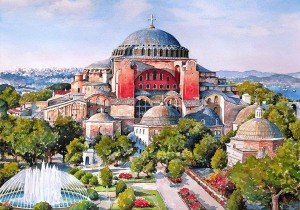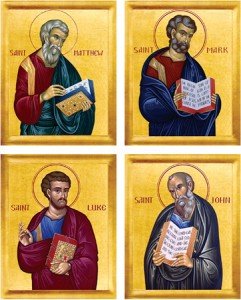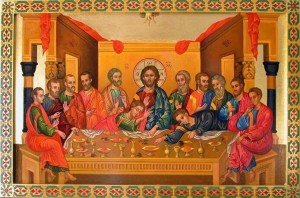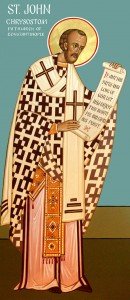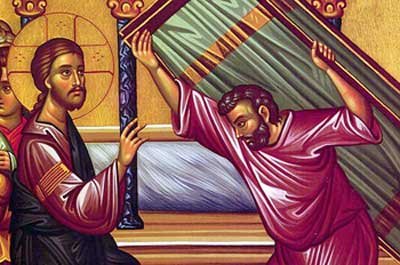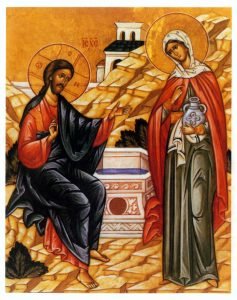 The assigned readings this weekend provide us with an interesting combination of thoughts. Our Epistle readings tells us that it was in Antioch that the disciples were first called Christians and then adds how the Christians, even though they were undergoing persecution, were very mindful of the needs of others. They considered the needs of other Christians in Judea even though they were being persecuted. This reminds us of the unselfishness of Jesus.
The assigned readings this weekend provide us with an interesting combination of thoughts. Our Epistle readings tells us that it was in Antioch that the disciples were first called Christians and then adds how the Christians, even though they were undergoing persecution, were very mindful of the needs of others. They considered the needs of other Christians in Judea even though they were being persecuted. This reminds us of the unselfishness of Jesus.
Our appointed Gospel tells us about one of Jesus’ encounters with a Samaritan woman. This is was but one of several encounters that Jesus had with Samaritans, who, you will remember, were outcasts among the Jewish people of Judea. This is another story that permits John to develop further the theme of the water of Judaism replaced by the life-giving water of Christ. And this is the reason why we can see a connection between the two readings.
The water of Jesus, that is His teachings about how to interact and treat others, is the connection between the two readings. We see that the Christians of Antioch actually sensed the meaning of Jesus’ teaching and, forgetting about their problems, made sure that they attended to the needs of others. They understood that the message of Jesus was something that they needed to actually live. Putting Jesus’ teachings actually into practice is what His followers were and are called to do. His were not just pious words! They described a way of living that is essential if we are to actually experience the fullness of life.
As we grow ever nearer to the ending of our Paschal celebration, it is important for us to understand that God has called us, through the teachings of Jesus, to be the ones that make His Kingdom real in our world today. This means that we must attempt to live “like Jesus lived,” that is selflessly giving ourselves to the service of others. Being of service to our fellowmen is the hallmark of the Christian way of life.
We see in the Gospel that Jesus understood the life of the woman. He understands our lives also and calls us to live like He lived, that is as a person who tries to be of service to our fellowmen.
I know that this is not the easiest thing to do. It is, however, the right thing to do if we want to be counted as one of God’s children.

